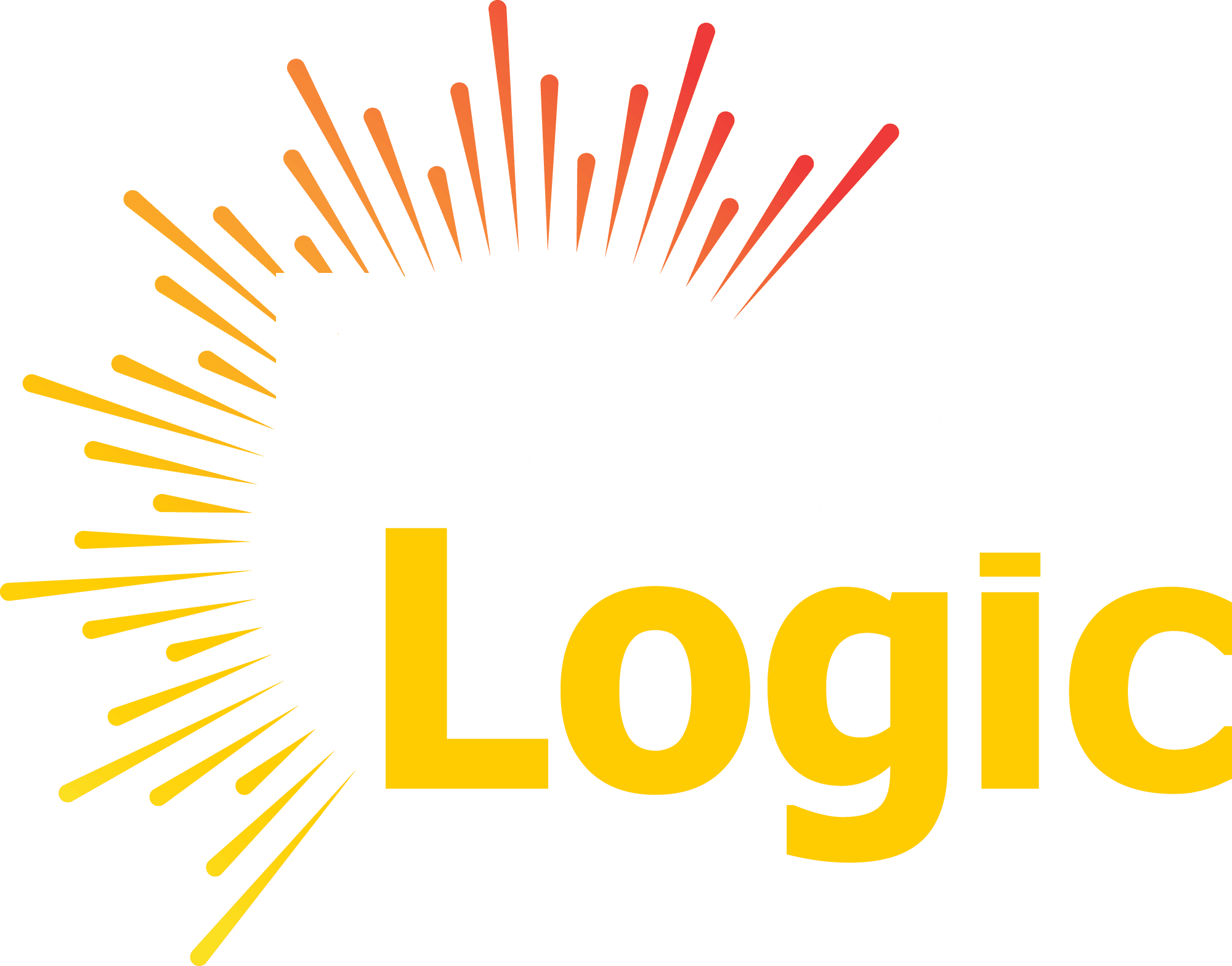When considering a search solution for your website, you face the choice of either constructing an internal search engine or procuring one from a search provider. Concerns may arise about the adaptability of off-the-shelf solutions to your unique requirements while building your own tool might demand resources beyond your capacity.
Regardless of the path chosen, it’s vital to ensure that your business needs align efficiently with those of key stakeholders, including project managers, developers, and end-users.
This article explores the assessment of PartsLogic, a search as a service tool, in comparison to well-known open-source search tools such as ElasticSearch and Solr. Through this exploration, we aim to assist you in determining whether purchasing or constructing a search solution best suits your needs.

Table of Content
- What is Open Source Search?
- What is Search as a Service?
- Why Build Your Search?
- The Benefits of Open Source Search
- The Challenges of Open Source Search
- Why Buy a Search-as-a-Service Solution?
- Open-source search tools vs. PartsLogic
- Choose the best partner for the search experience you want to create
What is Open Source Search?
Open source search entails harnessing open-source software to drive search engines and site search functionalities. In the realm of information retrieval, open-source search engines offer a transparent and collaborative approach to building and maintaining search capabilities. They grant developers and organizations entry to the foundational code, empowering them to tailor and enrich search capabilities to meet their unique requirements. With keywords such as “open source search,” “site search open source,” and “search engine open source,” the focus is on highlighting the availability and benefits of open-source solutions in the field of search technology. These platforms promote innovation and collaborative development, nurturing an environment where knowledge and resources are shared among the community. By leveraging the best open source search engine tools available, businesses and developers can create powerful and scalable search experiences for their users while maintaining control over their data and infrastructure.
What is Search as a Service?
Search as a Service (SaaS) denotes the delivery of search functionality via a third-party service instead of developing it internally. This enables developers to seamlessly embed robust search capabilities into their applications without the burden of constructing and maintaining their own search infrastructure.
Usually, providers of Search as a Service furnish APIs (Application Programming Interfaces) for developers to engage with the search engine. These APIs enable developers to perform various search operations, such as indexing content, executing search queries, search filters result, and implementing relevance ranking.
Search as a Service platforms often leverage advanced algorithms and technologies, such as natural language processing, machine learning, and indexing techniques, to deliver accurate and relevant search results to users. By outsourcing search functionality to specialized providers, developers can save time, reduce development costs, and focus on building other aspects of their applications. Examples of Search as a Service providers include Algolia, Elasticsearch, and Amazon CloudSearch.
Build vs. Buy for Search: A Conundrum
Deciding whether to develop or purchase your internal search tool depends on several crucial factors:
- The extent and nature of customization required for your search functionality.
- The accessibility of development resources at your disposal.
- The anticipated timeframe for creating your search solution.
Once you’ve clarified your search requirements and assessed your resource availability, you can make a more informed decision regarding the most suitable approach to take.
Why Build Your Search?
The allure of building a bespoke search solution tailored to your specific requirements can be enticing. With open-source search tools, businesses have the freedom to customize every aspect of their search experience, from indexing algorithms to user interfaces. This level of control not only ensures a tailored solution but also fosters innovation and experimentation within your organization.
The Benefits of Open Source Search
Flexibility: Open-source search tools are designed to operate across various environments. Regardless of whether you’re crafting a simple on-premise search tool or an intricate distributed enterprise cloud search system, these tools are flexible and can be customized to meet a wide range of needs. Additionally, cloud service providers like AWS and Google Cloud offer infrastructure support for deploying and configuring such software.
Transparency: With access to the source code, businesses can gain insights into how their search engine operates and make informed decisions about customization and optimization.
Community Support: The dynamic open-source community offers abundant resources, such as documentation, forums, and contributions from fellow users, fostering an environment of collaboration and support.
The Challenges of Open Source Search
Utilizing open-source search tools offers significant development flexibility, yet they also present certain challenges:
High Total Cost of Ownership: Constructing a search solution involves numerous hidden expenses, including ongoing maintenance and hosting costs. Employing an entire team of engineers for search design and upkeep can amount to significant annual expenditures for the company.
Technical Complexity: Customizing open-source search tools frequently requires significant development work to adapt them for particular purposes. Developers must possess a deep understanding of the tool’s inner workings to ensure optimal utilization, requiring them to build business-specific logic or APIs from scratch.
Extended Implementation Timeline: From aligning with business priorities to building, testing, and launching the search, the entire process can span several months, even with a highly skilled development team.
Challenges in Updates and Changes: Implementing revisions to the search tool post-launch entails extensive planning and coordination among stakeholders. Modifications such as adjusting the search algorithm, incorporating new ranking factors, or introducing features can significantly prolong the development timeline.
Resource-Intensive Monitoring and Maintenance: Scaling the search to accommodate business growth demands considerable developer attention. Time allocated to monitoring and maintaining the search can impede innovation and growth efforts in other areas.
Limited Transparency for Business Users: Since developers primarily oversee search design, business teams may lack insight into the factors influencing item, content, or product rankings, leading to a perceived “black box” scenario.
Analytics Not Included: While analytics are vital for refining the search tool, they aren’t inherently integrated into open-source software. Factoring in the cost of an analytics or data visualization tool is essential for a comprehensive understanding of the total search solution expenses.
Why Buy a Search-as-a-Service Solution?
While building a custom search solution offers unparalleled control, it’s not merely about the destination; the journey matters too. Enter search-as-a-service solutions like PartsLogic, offering a hassle-free path to superior search capabilities without the complexities of DIY implementation.
The Benefits of Search-as-a-Service
Imagine having a search solution that’s ready to go right out of the box. That’s the beauty of search-as-a-service. With PartsLogic, you’re not just getting a search engine; you’re gaining access to a suite of tools designed to enhance the search experience for both you and your users. It’s like having a trusty sidekick by your side, ready to tackle any search-related challenges that come your way.
Rapid Deployment: Search-as-a-service solutions offer plug-and-play functionality, allowing businesses to deploy robust search capabilities with minimal setup time.
Scalability: With search as a service, businesses can scale their search capabilities dynamically to accommodate fluctuations in demand and data volume.
Managed Support: From maintenance and updates to performance optimization, search-as-a-service providers offer comprehensive support to ensure a seamless search experience.
The Challenges of Search-as-a-Service
Although the search as a service model offers numerous benefits, it also poses certain challenges that need to be considered.
Not suitable for highly technical workflows: PartsLogic excels as a user-facing search tool. However, if your focus lies in analytics or logs processing, you might require a different solution.
The inevitable loss of flexibility: Using a pre-built service entails surrendering control over the minutiae of your search system. Nonetheless, PartsLogic offers extensive customization options tailored to a wide array of use cases, striving to align with your specific needs.
Potential difficulty in vendor switching: Collaborating closely with a search as a service provider involves tailoring the tool to your requirements and accumulating valuable search data. Should the need arise to transition to a different partner, migrating all data and specifications to another vendor may prove challenging.
Open-source search tools vs. PartsLogic
When weighing the options for implementing a search solution on your website, you’re confronted with two primary choices: open-source search tools or a service like PartsLogic. Open-source tools such as ElasticSearch and Solr offer flexibility and customization, empowering you to tailor the search functionality precisely to your needs. They provide extensive control over the search algorithms, indexing processes, and user interfaces. However, utilizing open-source tools necessitates technical expertise and resources for setup, maintenance, and troubleshooting.
On the other hand, PartsLogic presents a streamlined approach to implementing search functionality. As a search as a service tool, it offers convenience and ease of integration, requiring minimal technical knowledge to get started. PartsLogic provides a range of features and customization options tailored to various use cases, aiming to meet the needs of businesses without the overhead of managing search infrastructure. However, relying on a third-party service like PartsLogic may entail some loss of control over the search process and customization options compared to open-source solutions.
Ultimately, the decision between open-source search tools and PartsLogic hinges on factors such as your technical capabilities, resource availability, and the level of control and customization required for your search functionality. Evaluating the trade-offs and considering your specific requirements will guide you toward the most suitable choice for your website.
Choose the best partner for the search experience you want to create
So, what’s the verdict? When it comes to open-source search tools vs. PartsLogic, there’s no one-size-fits-all answer. In the end, it comes down to what you require, the resources available, and what matters most to you. Are you seeking more than just a search engine, or are you looking for a comprehensive solution that takes the hassle out of implementation? Whatever path you choose, rest assured that the world of search is ripe with possibilities, waiting for you to unlock its secrets.
Conclusion
In conclusion, the choice between open-source search tools and PartsLogic boils down to one simple question: are you willing to roll up your sleeves and start a DIY adventure, or do you prefer the convenience of a ready-made solution? There’s no denying it: the world of search is yours to discover, no matter what path you choose. So, go forth and unlock the secrets of search success!
Have more questions related to Site Search? Feel free to reach out to our support team using the Request Form for any questions you may have. The PartsLogic Expert Support Team is here to help you. Explore our blog section to find comprehensive information about internal site search and find answers to all your inquiries.





